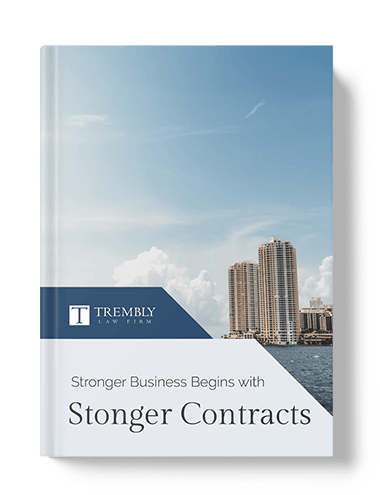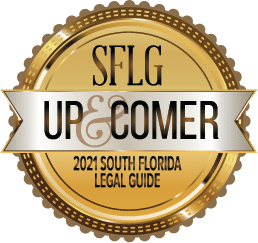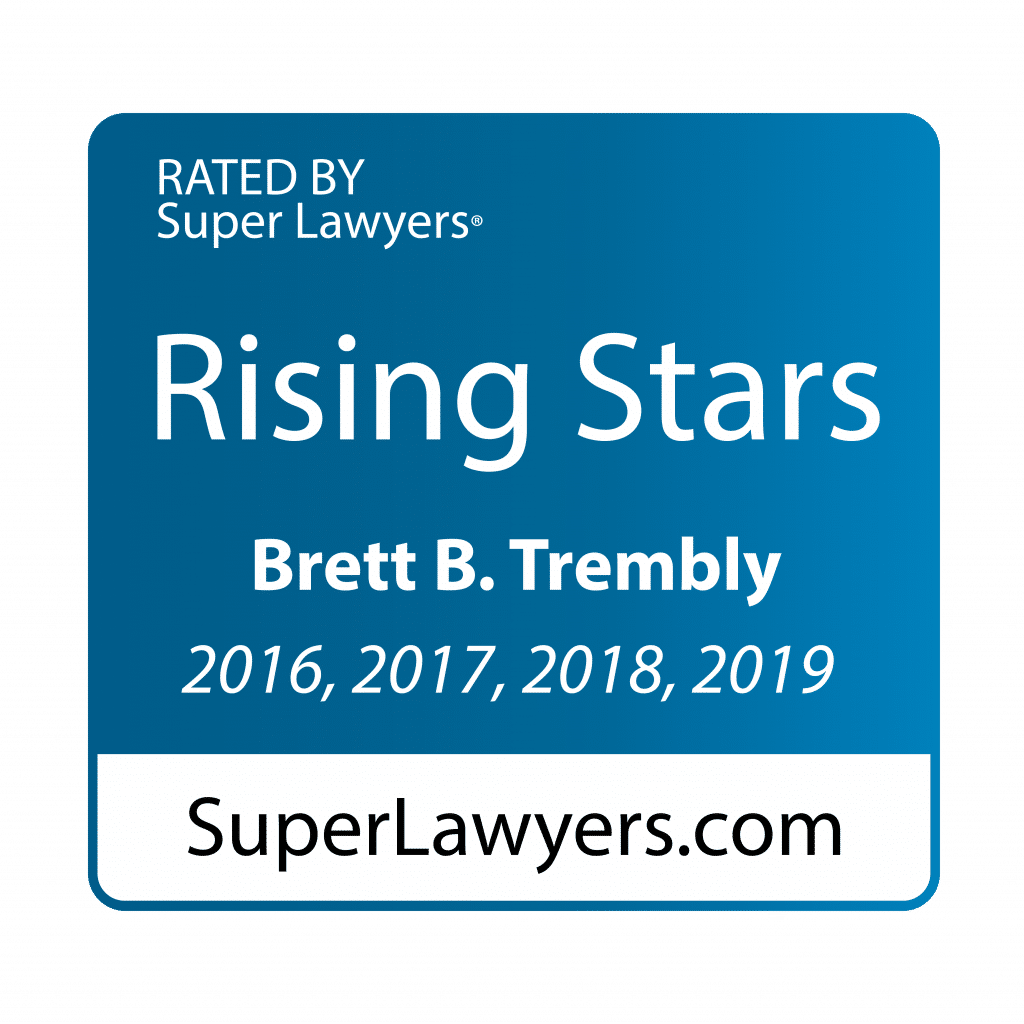Hiring employees is an investment. While they are needed to ensure all the needs of a company are met, great investments are made in training those employees and entrusting them with certain information–information that could be destructive to a company if it is shared outside of the company. That is why many companies turn to utilizing restrictive covenants in employment contracts to protect their investment. Restrictive covenants restrict where and when an employee may work after leaving the company.
Despite their common use, not all companies have free reign to place limitless restrictive covenants in their employment contracts. The freedom to choose where to work is generally protected. With this in mind, courts weigh heavily how restrictions affect employment options when someone leaves a company. Courts do, however, recognize the investment made by companies in training and retaining employees, and the trade secrets that go into preparing employees for their jobs. Courts, therefore, determine the enforceability of restrictive covenants by means of a balancing test.
Courts look to different factors to determine if a restrictive covenant is permissible. Restrictive covenants must, at the very least, be reasonable in terms of geographic area, time period, and line of work. For example, a restrictive covenant for a company that exclusively does business in Florida cannot place a restrictive covenant that restricts a former employee’s ability to work anywhere in the United States. Likewise, time restrictions must be reasonable. If an employee only worked for his former company for one year, for example, he cannot be restricted from working in a similar line of business for a decade. Finally, restrictive covenants must be reasonable with regards to lines of business covered. For example, a person working in a hotel probably cannot be restricted from working in any capacity in the tourism industry.
The most important consideration for courts in determining whether or not restrictive covenants are permissible is their reasonableness. The reasonability of a restrictive covenant is determined on a case-by-case basis by the courts that consider a number of factors. Consulting with the right legal team can ensure your business interests are protected by selecting appropriate restrictive covenants. Call the Trembly Law Firm at (305) 431-5678 today to schedule your consultation.

















